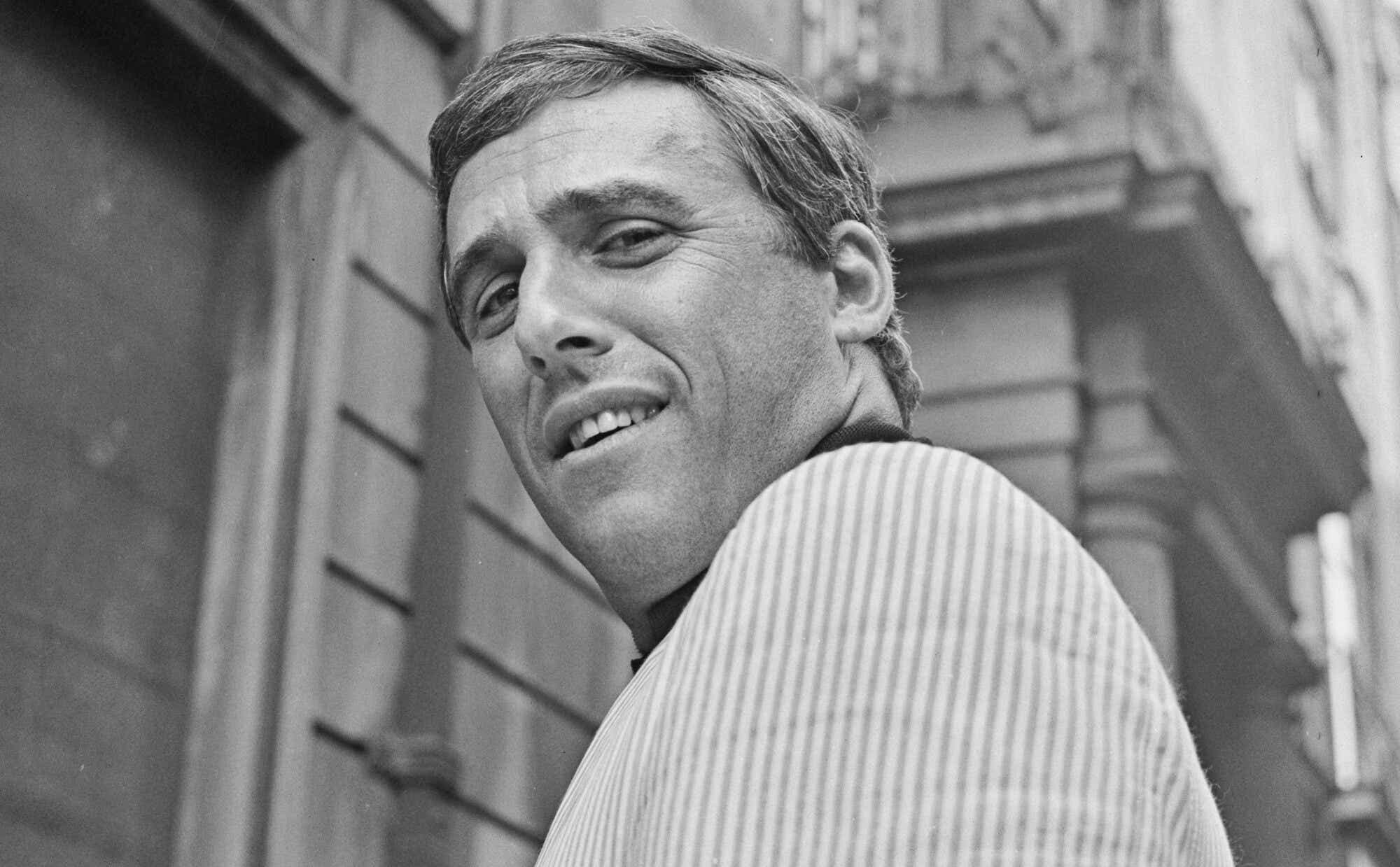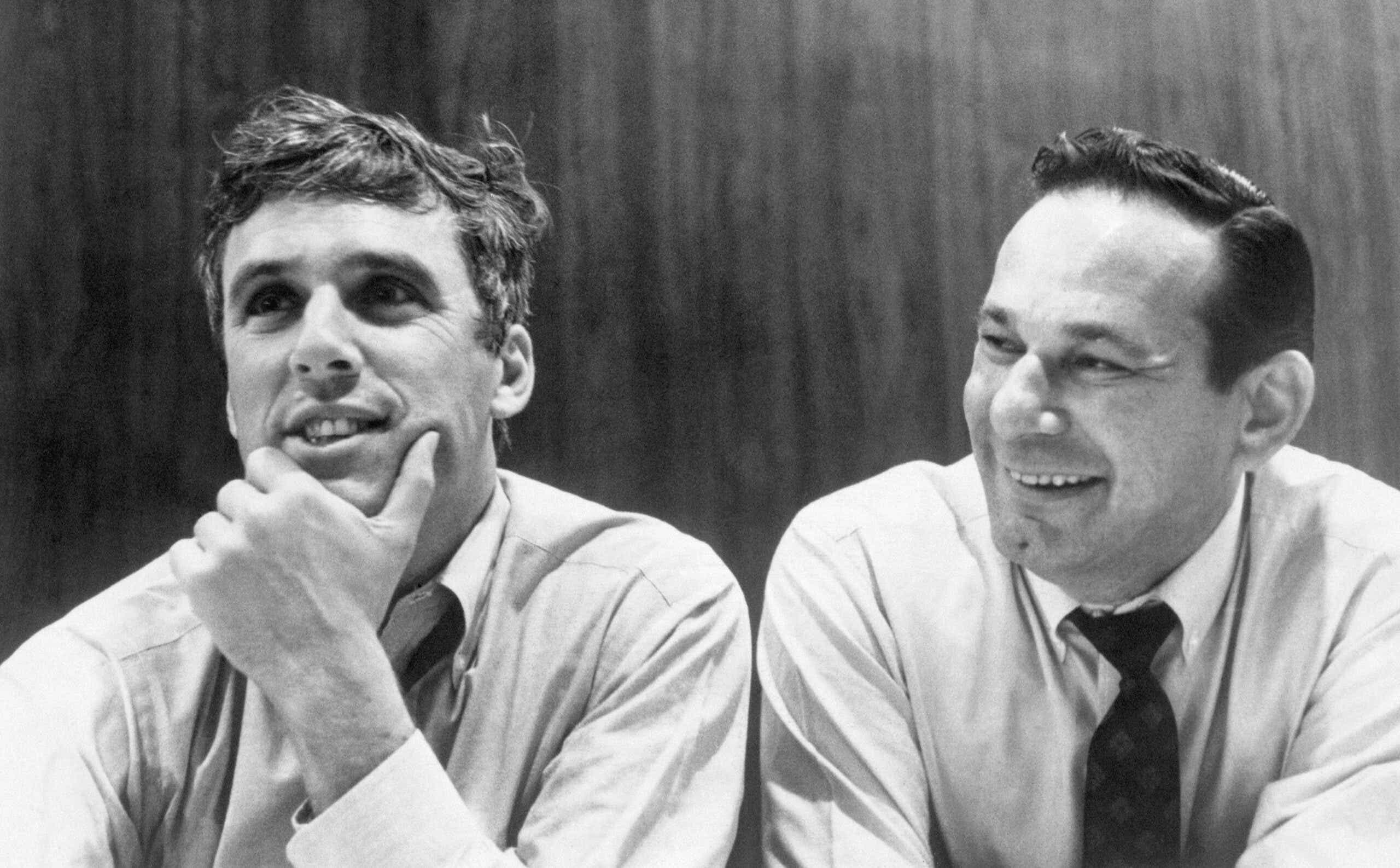He was responsible for classics like “I Say A Little Prayer.”
Burt Bacharach, the legendary composer, songwriter, and record producer who masterminded some of the most beloved pop songs of the 20th century, has died. He was 94.
Together with lyricist Hal David, Bacharach was responsible for hits like Raindrops Keep Falling On My Head and I Say a Little Prayer — and wrote classics like Walk On By and Do You Know the Way to San Jose for Dionne Warwick.
“Burt’s transition is like losing a family member,” the 82-year-old singer told The Los Angeles Times. “These words I’ve been asked to write are being written with sadness over the loss of my Dear Friend and my Musical Partner.”
“On the lighter side we laughed a lot and had our run-ins but always found a way to let each other know our family like roots were the most important part of our relationship,” she added. “My heartfelt condolences go out to his family letting them know he is now peacefully resting and I too will miss him.”
A swift rise to fame
Bacharach first earned recognition in the 1950s thanks to his work as a conductor, arranger, and then part-time music director for Marlene Dietrich. He met Hal David in New York in 1957, and so began a decades-long partnership. They released their first hit the same year with The Story of My Life recorded by Marty Robbins, which went to number one on the U.S. country charts.
Bacharach and David’s work together spanned pop, film, and broadway, and included collaborations with many of the most significant musical artists of the century. Bacharach worked with Dusty Springfield, Gene Pitney, Cilla Black, Elvis Costello, Jackie DeShannon, Bobbie Gentry, Tom Jones, Herb Alpert, B. J. Thomas, and many more.
A formidable talent
Bacharach’s musical style was sophisticated and shaped by broad influences. A classically trained pianist, his compositions were complex, drawing on jazz roots laced with Latin rhythms, aerial strings, and lamenting piano. His songs were miniature dramas, always packing unexpected flourishes, unusual chord progressions, and changes in tempo, belying his sometimes unfair reputation for “easy listening.”
“Never be afraid of something that you can whistle,” Bacharach told NPR in 2013.

He described performing a highly technical sonatina he’d written for violin, oboe and piano for French composer Darius Milhaud at the Music Academy of the West.
“He took me aside afterward,” said Bacharach, “and maybe he sensed what I felt or maybe just his observation was: Never be ashamed of something that’s melodic, one could whistle. I said, ‘Wow.’ So that was a valuable lesson I learned from him. Never forgot that one. Never be afraid of something that you can whistle.”
According NJ.com contributor Mark Voger, Bacharach’s sound, so gentle on the ears, was anything but easy for singers and musicians to perform.
“The precise arrangements, the on-a-dime shifts in meter, and the mouthfuls of lyrics required to service all those notes have, over the years, proven challenging to singers and musicians. Though not to listeners.”
Industry recognition
Though the sophistication of his work may have gone over many people’s heads, Bacharach’s talent was undoubtedly recognized by his peers. He won six Grammys and three Oscars, and in 2008, the GRAMMY awards called him music’s greatest living composer. In 2011, together with Hal David, Bacharach received the Fourth Library of Congress Gershwin Prize for Popular Song.
“The timeless hits by Burt Bacharach and Hal David have helped launch the careers of many of our nation’s most celebrated performers, and they continue to be played on iPods, radio, television, in movies, and performed in cabarets and on the Broadway stage,” said Librarian of Congress James H. Billington.
“The success of their creative genius continues today as they each add new songs to what is without question one of the richest and most recognizable multi-generational playlists known to the world. Their creative talents have inspired songwriters for more than five decades, and their legacy is much in the tradition of George and Ira Gershwin, for whom this award is named.”








